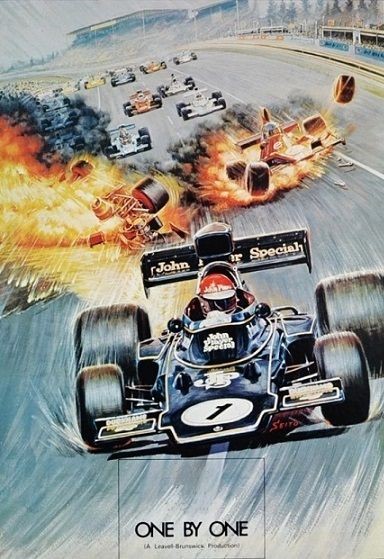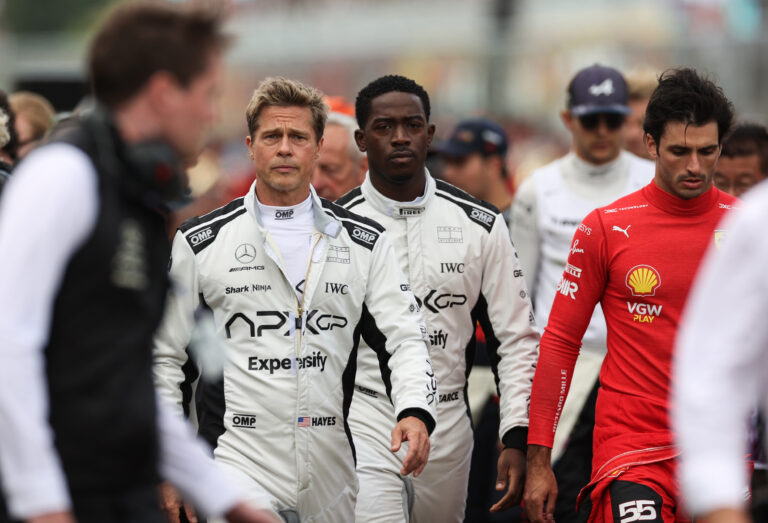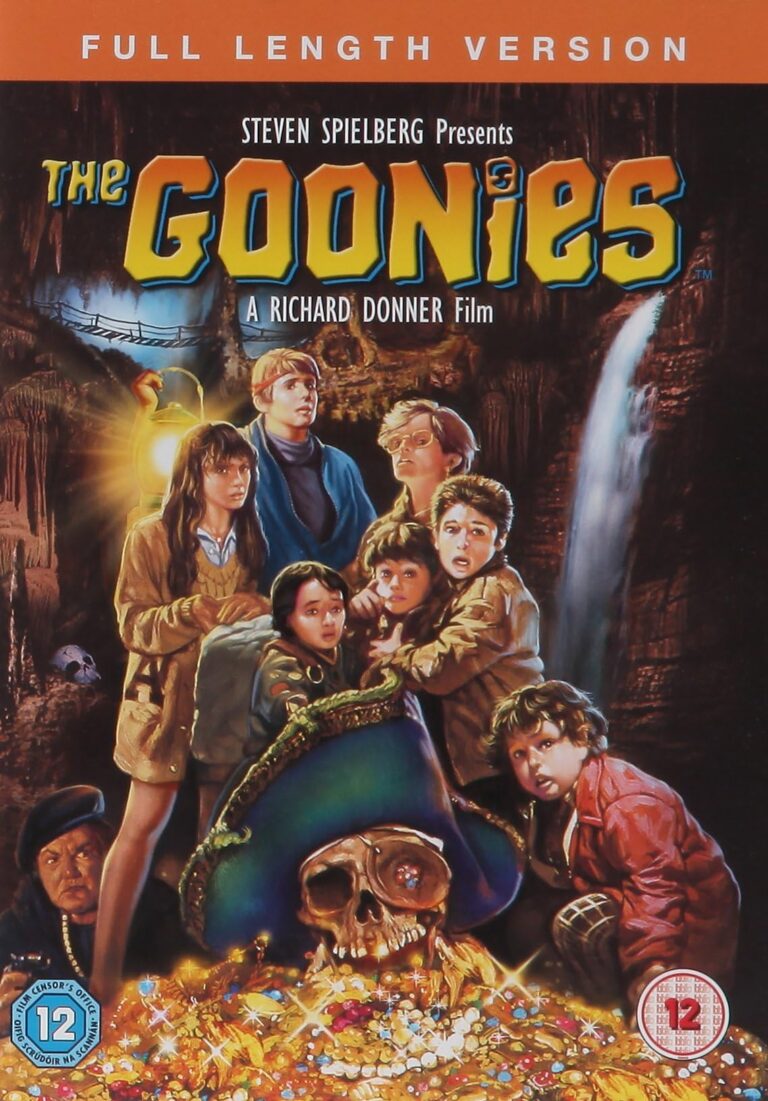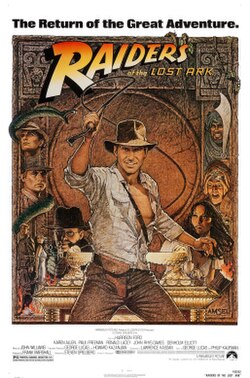
The Importance of F1 Movies
Formula 1 racing has captured the hearts of millions globally, and its influence extends beyond the tracks into cinema. F1 movies highlight not only the speed and excitement of racing but also the underlying stories of passion, rivalry, and innovation. As the sports genre evolves, filmmakers are increasingly drawn to the high-octane world of Formula 1, reflecting its significance in contemporary culture.
Recent Developments in F1 Films
The most notable F1 movie in recent times is “Rush,” released in 2013, directed by Ron Howard. This film dramatizes the fierce rivalry between drivers James Hunt and Niki Lauda during the 1976 season. It was well-received for its authentic portrayal of the sport’s dangers and the intense human emotions intertwined with it. More recently, the documentary “Formula 1: Drive to Survive,” released on Netflix, has gained immense popularity, showcasing a more personal side to the drivers and teams. This series has played a significant role in attracting new fans to the sport, making F1 accessible to a larger audience.
Upcoming Projects
Fans can look forward to more cinematic renditions of F1 stories in the near future. Rumors abound around various film projects exploring the lives and careers of legendary racers such as Ayrton Senna and Michael Schumacher. These films aim to capture the essence of their tenacity, achievements, and the tragic moments in their careers that shaped the racing world. Additionally, directors and producers are exploring dramas focusing on team dynamics and technological advancements that have transformed the sport over the decades.
Significance for Fans and the Industry
F1 movies do not just entertain; they also serve as educational tools that enhance understanding of the sport’s complexity. They shed light on the commitment and sacrifices made by the teams, giving viewers context around the high-stakes environment of competitive racing. As the demand for content regarding motorsport grows, these films may become vital promotional tools for the sport itself, fostering a new generation of fans.
Conclusion
The world of Formula 1 continues to evolve and draw interest, with films playing a crucial role in this process. As cinematic interpretations of F1 stories gain traction, they not only amplify the culture surrounding racing but also ensure that the legacy of its stars is preserved. With more dynamic storytelling on the horizon, F1 movies are set to inspire future generations eager to understand and participate in the thrill of this electrifying sport.






